We’re thrilled to share the resounding success of our recent Professional Development Programme conducted at the Vinayaka Missions Law School on 15th September 2023. We’d like to extend our heartfelt gratitude to all our distinguished resource persons in making this event a grand success. Throughout the programme, we delved into essential topics such as the Craft of Pedagogy, the Art of Writing, the Ethics of Teaching, Publishing in High-Impact Journals, and Team-Building. Participants gained practical insights, from innovative teaching techniques like flipped classrooms and case study methods to the importance of maintaining ethical teaching practices and effectively utilizing technology in education.
Below is the report of all the sessions and their key takeaways.
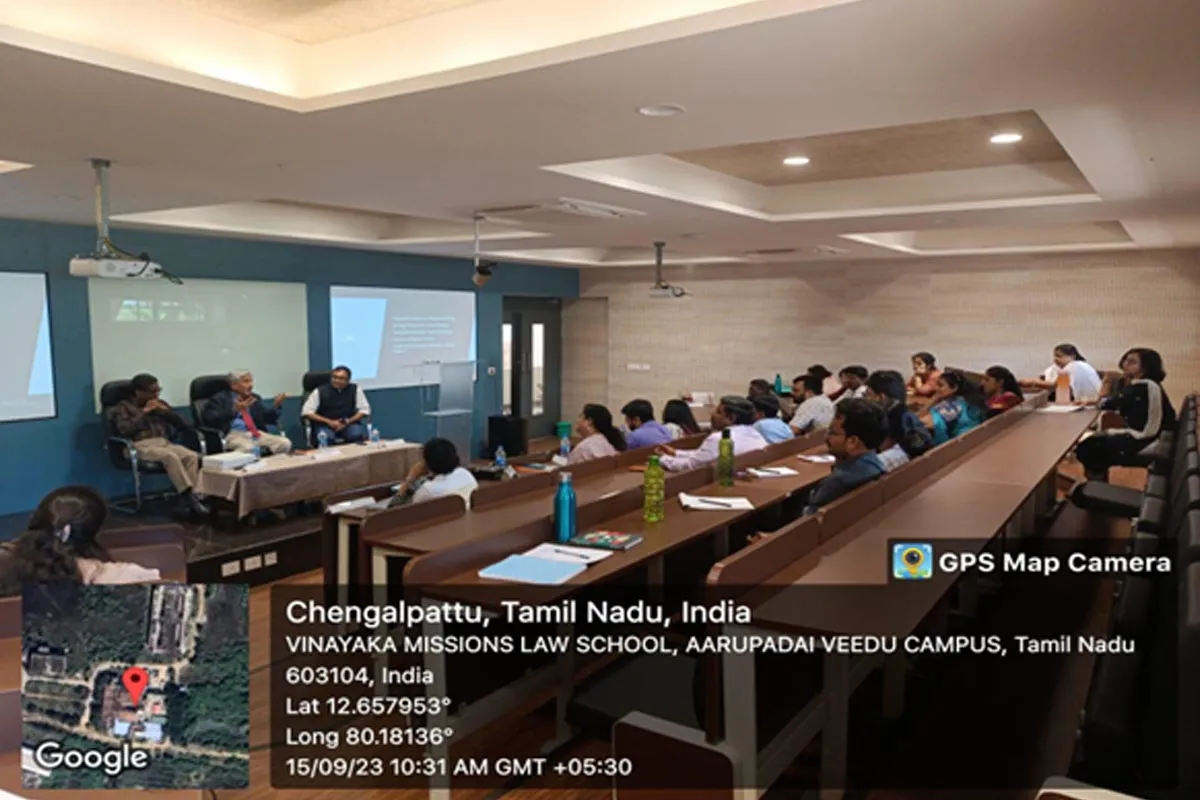
In the opening valedictory session, Dean Dr. Ananth Padmanabhan, a distinguished figure in the field of education, warmly introduced our esteemed speakers. His gracious welcome set the tone for an engaging and insightful session.
Prof. Dr. Sreejith, in his enthusiastic and inspiring speech, shared his insights on becoming an inspiring teacher. He drew inspiration from both real-life and fictional mentors, such as the legendary Rick Brathwite and the wise Koboyashi Master. Prof. Dr. Sreejith emphasized the significance of role models in shaping one’s teaching philosophy and encouraged educators to aspire to be the kind of teacher who leaves a lasting positive impact on their students.
Prof. Dr. B.S. Chimni, in his rousing address, delved into the concept of leading a “life of the mind” as a crucial aspect of being an effective educator. He underscored the importance of engaging in intellectual discussions and cultivating a deep understanding of ideas beyond the confines of a traditional teaching role. Prof. Dr. Chimni also highlighted the relevance of the pedagogy of the oppressed, especially during times of crisis, as a means of empowering learners. He stressed the need for synergy between teaching and research activities, as well as a modern teacher’s proficiency in utilizing technology to enhance the learning experience. Furthermore, he advocated for an environment of benign neglect regarding dissenting and radical opinions within educational institutions to foster a fruitful and diverse learning environment. Prof. Dr. B.S. Chimni’s talk inspired attendees to not only be educators but also intellectual leaders in their fields, promoting an enriching educational journey for their students.
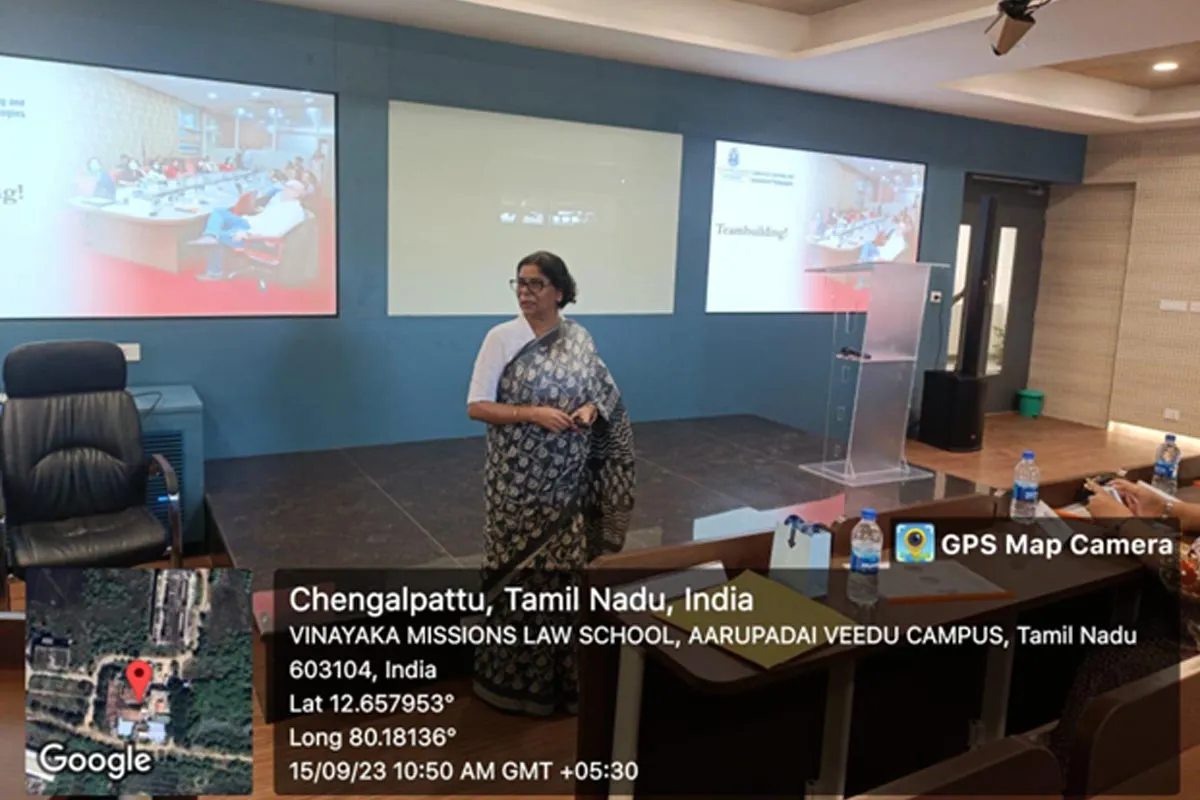
During the session on the Craft of Pedagogy led by Prof. Dr. Tanushree Sharma, participants delved deeper into innovative teaching techniques. The concept of flipped classrooms, for instance, was explored in detail, highlighting how it empowers students to take ownership of their learning by engaging with course materials before class. Case study methods were discussed as a powerful tool for contextual learning, allowing students to apply theoretical knowledge to real-world scenarios. Activity-based learning, an interactive approach that encourages hands-on experiences, was demonstrated, illustrating its effectiveness in promoting critical thinking and problem-solving skills. Scaffolding, a strategy for breaking down complex topics into manageable chunks, was introduced as a means to support students’ gradual skill development. The jigsaw method, a cooperative learning technique, was also explained, showing how it promotes collaboration and shared expertise. Furthermore, the session provided a comprehensive breakdown of Bloom’s Taxonomy, helping educators align their teaching objectives with the cognitive skills they aim to develop in their students.
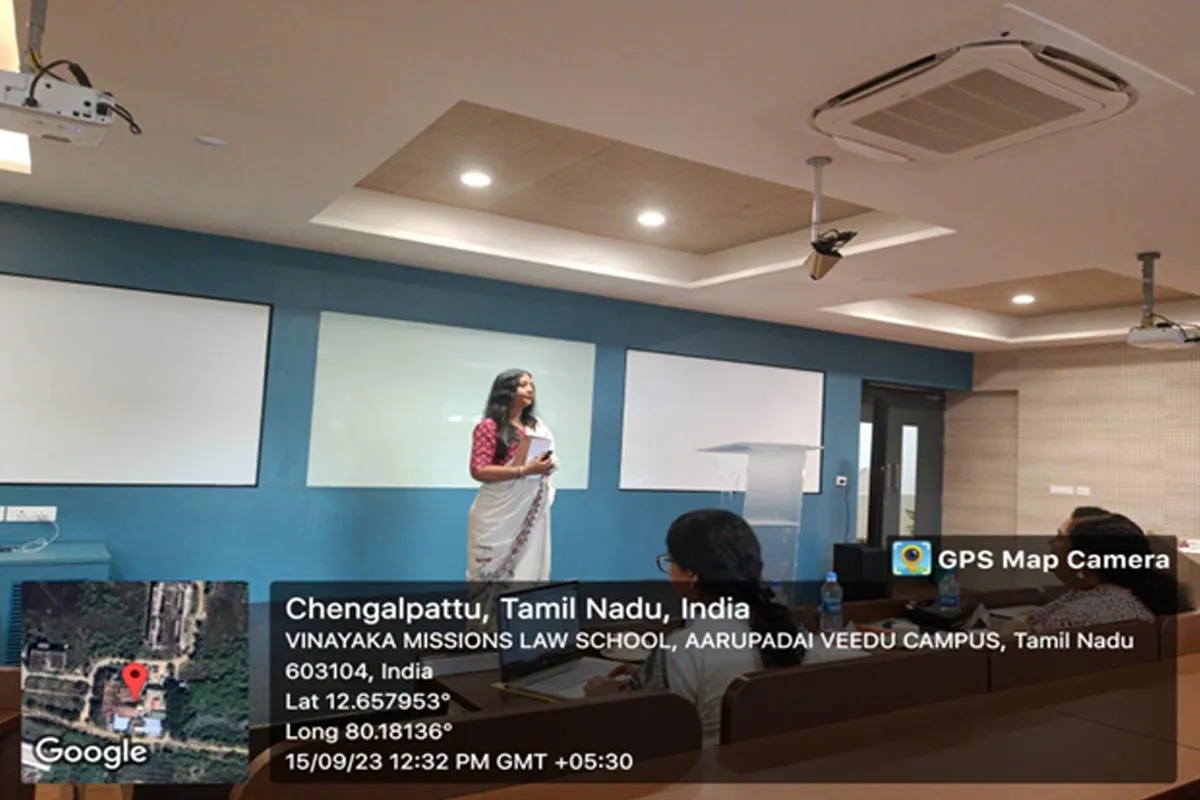
Prof. Deepika Jain’s session on The Art of Writing offered participants a holistic approach to academic writing. Beyond discussing the mechanics of thesis formulation and the critical evaluation of existing academic discourse, the session underscored the importance of maintaining a consistent writing practice throughout the year. Attendees gained insights into effective time management and goal setting to ensure continuous progress. The discussion on citation management expanded to include guidance on proper citation styles and the importance of avoiding plagiarism. Prof. Jain also encouraged participants to infuse their writing with a personal touch, emphasizing that maintaining the soul of their work can make their contributions to the academic community more compelling and memorable.
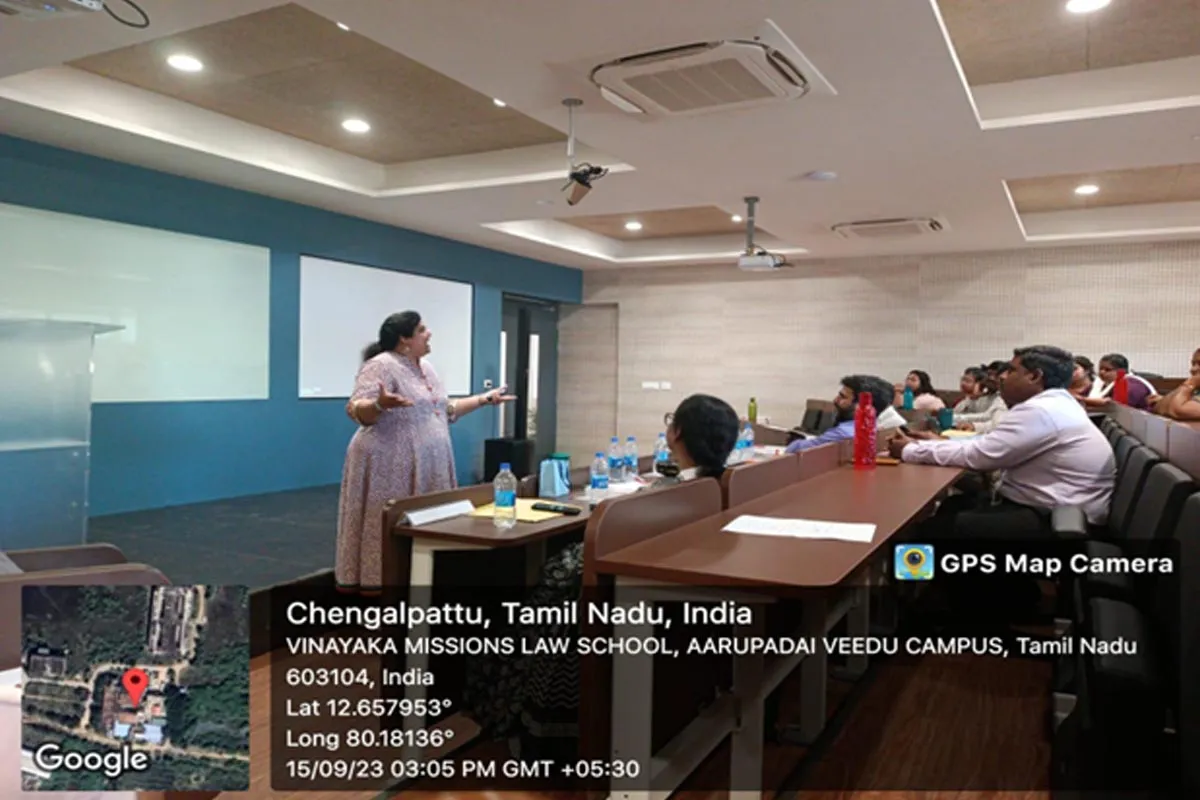
The session on The Ethics of Teaching, led by Prof. Dr. Mousumi Mukherjee, delved into the emotional dimension of teaching. Prof. Mukherjee stressed that effective teaching goes beyond the dissemination of knowledge; it requires building an emotional connection with students. Educators were guided on how to achieve this connection by being empathetic, approachable, and compassionate. Vulnerability was highlighted as a strength, allowing teachers to relate to their students on a human level and create an atmosphere of trust and authenticity. Intellectual competence and curiosity were presented as vital qualities, enabling teachers to instill a passion for learning in their students. This session served as a reminder that the ethical foundation of teaching lies in fostering an environment where students feel valued, respected, and inspired to excel.
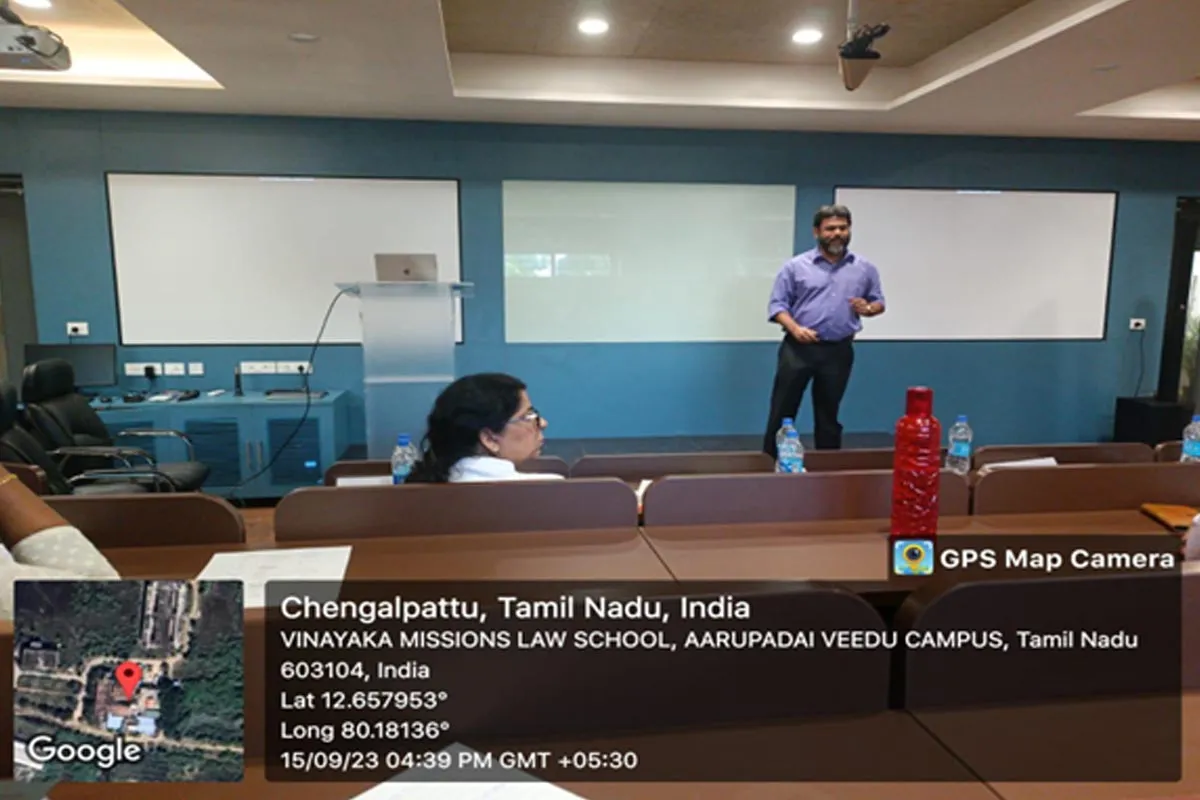
In the session on Publishing in High-Impact Journals, Prof. Arjya Majumdar went beyond the basics of selecting journals based on citation scores. Participants gained a deeper understanding of the publication process, from crafting compelling abstracts and selecting appropriate journals to managing the flow of their research papers effectively. Prof. Majumdar also shared valuable insights on suggesting suitable reviewers for their submissions and navigating the peer-review process. In addition to discussing the importance of citing sources correctly, the session explored the challenges posed by cloned and predatory journals, emphasizing the need for rigorous scrutiny. Prof. Majumdar also addressed the prevailing “publish or perish” culture in academia and encouraged participants to strike a balance between crafting high-quality content and ensuring its marketability to reach a broader audience.
The Team-Building Session, led by Prof. Tanushree Sharma, provided participants with a practical experience of team dynamics and cooperation. Activities such as Charades (Dumb Charades) and verbal football not only promoted teamwork but also demonstrated how such engaging exercises can be utilized in a classroom setting to enhance collaboration among students. The icebreaker sessions served as effective tools for building camaraderie among participants, showcasing the power of interactive and enjoyable activities in fostering a positive learning environment. Overall, this session not only delivered key insights into team building but also left participants with memorable ideas for promoting collaboration in their own classrooms.